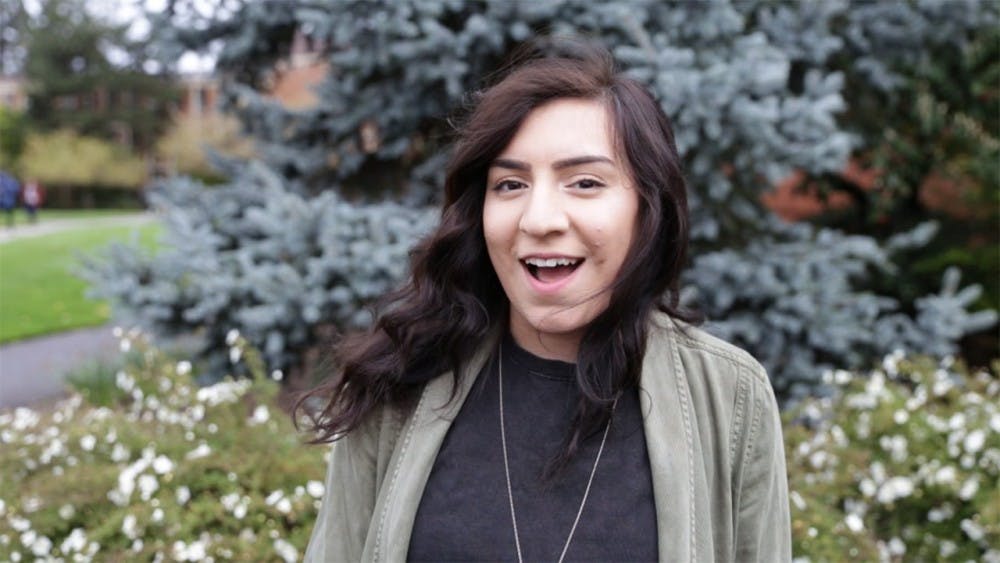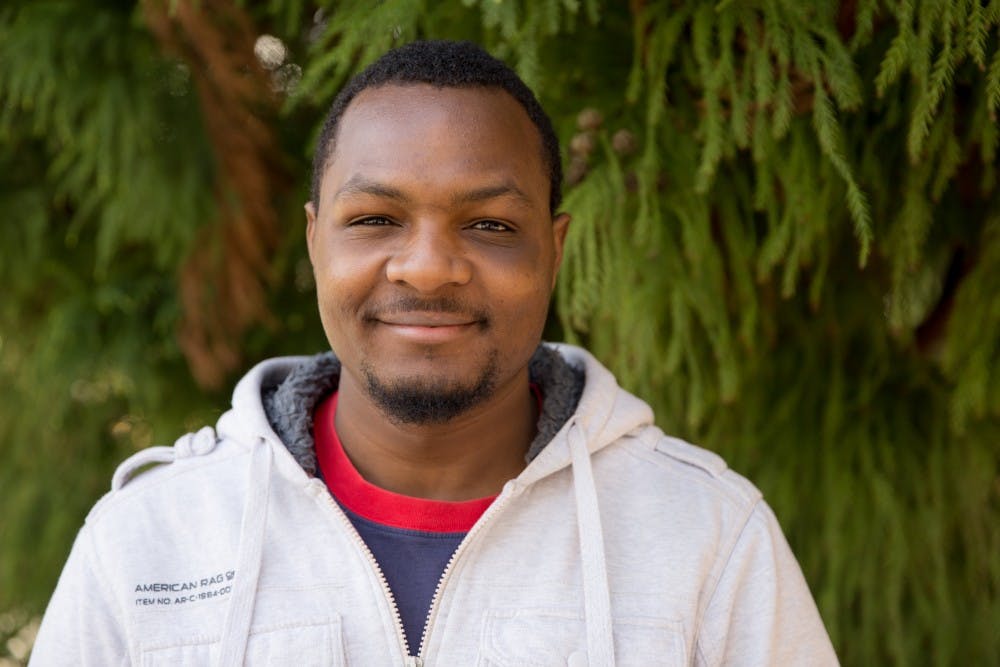During his sophomore year, junior civil engineering major Mustaf Mohamed was unsure if he could be successful at the University of Portland. He didn’t know if it would be a place that had the resources for him thrive as a first-generation student. But in his freshman year, he began to connect with other first-generation students and become more aware of resources available to him that could make his UP experience a successful one.
As a first-generation peer mentor, Mohamed uses his story of struggling to find his place as a way to connect with his mentees and support them as they navigate their college experiences. This spring, the Shepard Academic Resource Center (SARC) launched its first-generation peer mentor program.
Matt Daily, assistant director of the SARC and program manager for special populations, explained that the program’s goal is to help first-generation students who may not have the support system of students whose parents have gone to college. This includes helping direct them to and helping them understand resources such as financial aid and scholarships, holding sessions with them to discuss different aspects of college, and ultimately, giving first-generation students a sense of community on campus.
“The real goal with peer mentorship, the students have shared that they really want community, to be around people that understand them, that understand their experience in a way that’s a little bit different from what we might call a traditional student,” Daily said.
The definition of “first-generation student” that the SARC currently uses is that neither parent has attended any college, which is about seven percent of the total student body at UP, Daily said. Aracely Mejia, a sophomore mechanical engineering major, explained that one of the biggest struggles first-generation students face is that their families support them but don’t know the best ways to do so.

“Having parents who didn’t go to college, it’s hard to ask them actual questions that someone who has experienced college would be able to answer, like ‘What do I do to study for this math class, or how did you deal with homesickness?’” Mejia said. “Our parents are there to support us, but they don’t know all the answers.”
The SARC trained the ten peer mentors in the fall, and now, Daily meets with the mentors weekly to review the topics they will discuss with their 30 freshman mentees at their biweekly meetings. Mohamed explained that preparing for sessions such as resilience, stress management, relationship building and more has been a reflective process and also one in which he has had to learn how to not just give advice, but learn to tell his story a certain way so that his advice will be effective.
Michelle Lau, a senior computer science major, echoed Mohamed’s emphasis on telling stories in order to truly help mentees.
“How are you going to tell your story so that your mentees can understand you and want to be connected with you?” Lau said. “The most rewarding thing is having them open up to me.”
The peer mentors said they usually meet with their mentees in a quiet place, such as a study room or St. Mary’s and review the topic of the week with the students as well as more generally check in with them.
“We have lessons and topics that are planned, but if it gets off-topic, then it’s fine to go off-topic because at the end of the day, we just want to support them,” Lau said. “It’s geared toward what they’re currently going through.”
Mohamed said that some people hang out more with their mentees outside of the program or study with them, but it depends on whatever works for the mentees. Mejia went to brunch at Pine State Biscuits on Founders’ Day with her three mentees, which helps to foster a sense of community for first-generation students.

“It’s also built that campus community for the FGEN students because we really rely on each other to kind of be honest with things that we may not be comfortable talking to our friends,” Mejia said.
She also encouraged first-generation students who are struggling to find that sense of community by meeting other FGEN students and attending FGEN events.
“I strongly suggest that they... get connected with other FGEN students and have that community,” Mejia said. “Know that being an FGEN student is not something that hinders you, it’s actually making you stronger.”








